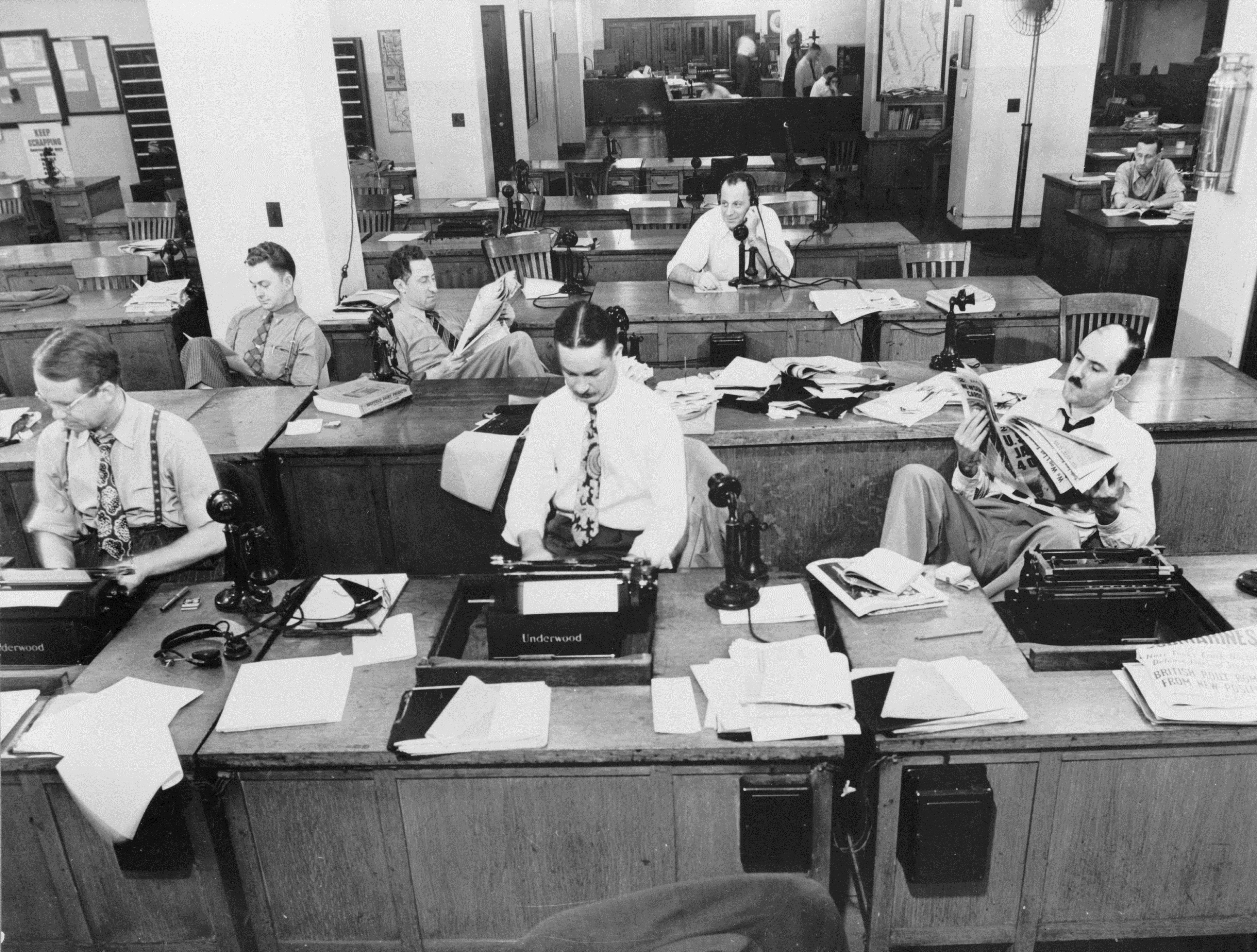David Carr might be the best and most lucid writer working for any of the companies that remain in what used to be known as the “newspaper business.” I could read him endlessly. In his latest column, Carr scrutinizes the fiasco of Jill Abramson’s firing. The whole episode has been astoundingly tone-deaf on the part of management. When you live in a country where none of the 44 Presidents have been women, and one gender has always enjoyed clear advantage in salary, you have to realize that the abrupt dismissal of the first female executive editor because of “management issues” is going to be incendiary. Especially when you consider the notoriously difficult personalities of some of the men who’ve previously held that post.
Based on his intra-office reportage, Carr doesn’t believe Abramson’s firing was caused by a scuffle over pay inequality or other gender issues. And while Carr self-identifies as a “company man,” he’s also brutally honest about himself and everyone else. He clearly wrote what his research truly found.
Questions Carr doesn’t address: Was Abramson paid less than her male counterparts of similar stature and tenure during her years at the Times? Are other women there compensated on par with men? While the Times certainly doesn’t want their salary structure wholly transparent, the company should form a panel of ten female and minority journalists and managers who are privy to the salary of every Times employee. This committee should meet with the publisher and HR at regular intervals to question what they see as inequities. Perhaps that would dispel the deep concerns some women working at the Times must now have.
From Carr:
“Jill rose as a woman in a patriarchal business and a male-dominated organization by being tough, by displaying superlative journalistic instincts and by never backing up for anyone.
Some might suggest that these traits are all in the historical job description of a man editing The New York Times, but Arthur concluded ‘she had lost the support of her masthead colleagues and could not win it back.’ I like Jill and the version of The Times she made. But my reporting, including interviews with senior people in the newsroom, some of them women, backs up his conclusion.
When he announced Jill and Dean Baquet’s appointment in 2011, Mr. Sulzberger was rightfully proud of his dream team, two talented journalists to lead the paper who were not white men. But while there may have been a dream, there was never a real team.
Jill did a six-month tour of The Times’s digital endeavors before assuming the editorship, and was publicly supportive of a recent groundbreaking report on innovation at The New York Times. But the report plainly stated that the paper was lagging in that area, and according to several executives in the newsroom she took some of its findings personally.
Perhaps that is part of the reason she tried to bring in Janine Gibson, a senior editor at The Guardian, as a co-managing editor for digital. That was a big tactical mistake, at least in terms of office management. Dean was not aware that Jill had made an offer to Ms. Gibson, and he was furious and worried about how it would affect not only him but the rest of the news operation as well. (All the talk about pay inequity and her lawyering up to get her due was a sideshow in my estimation.)”


